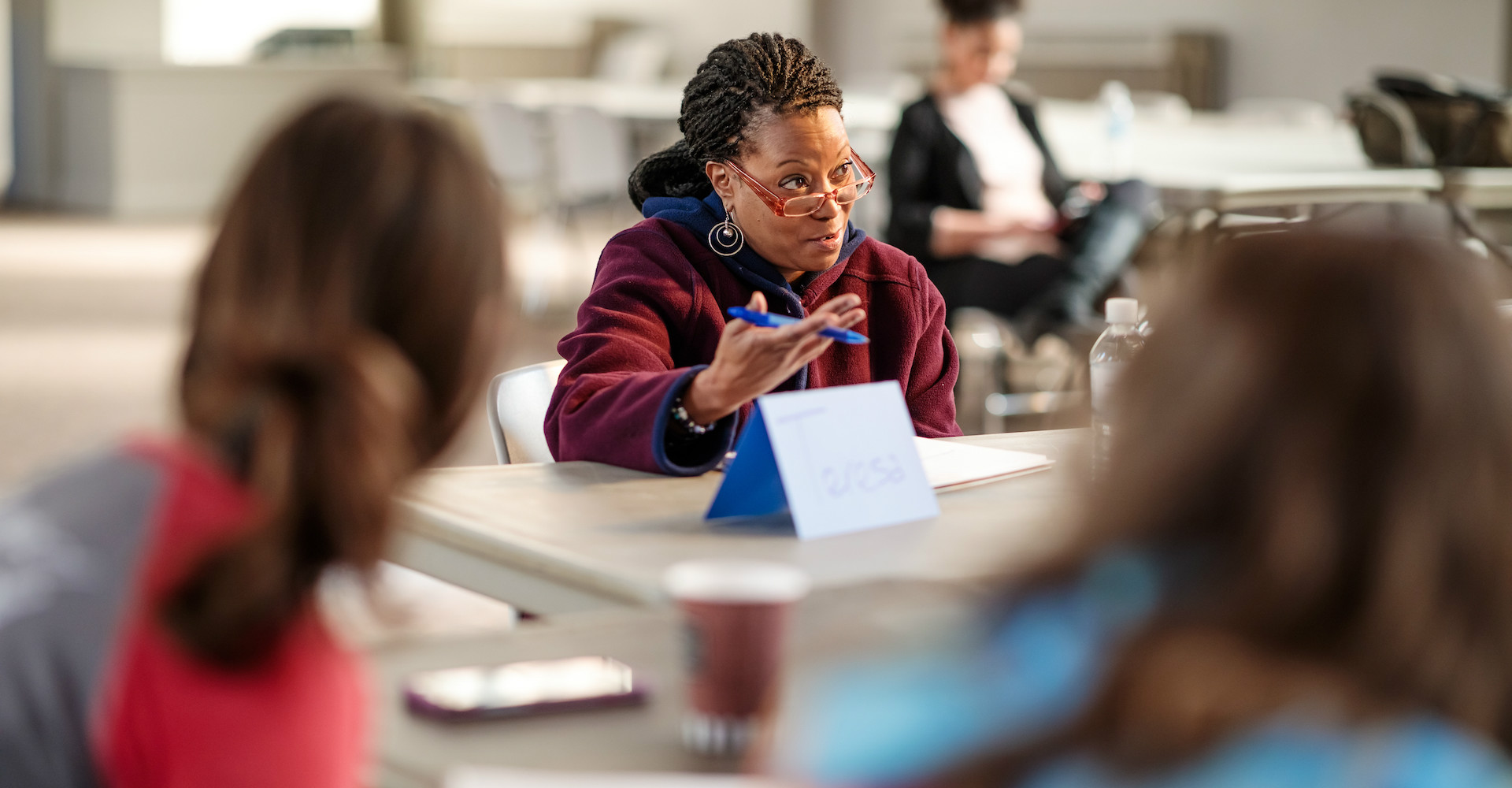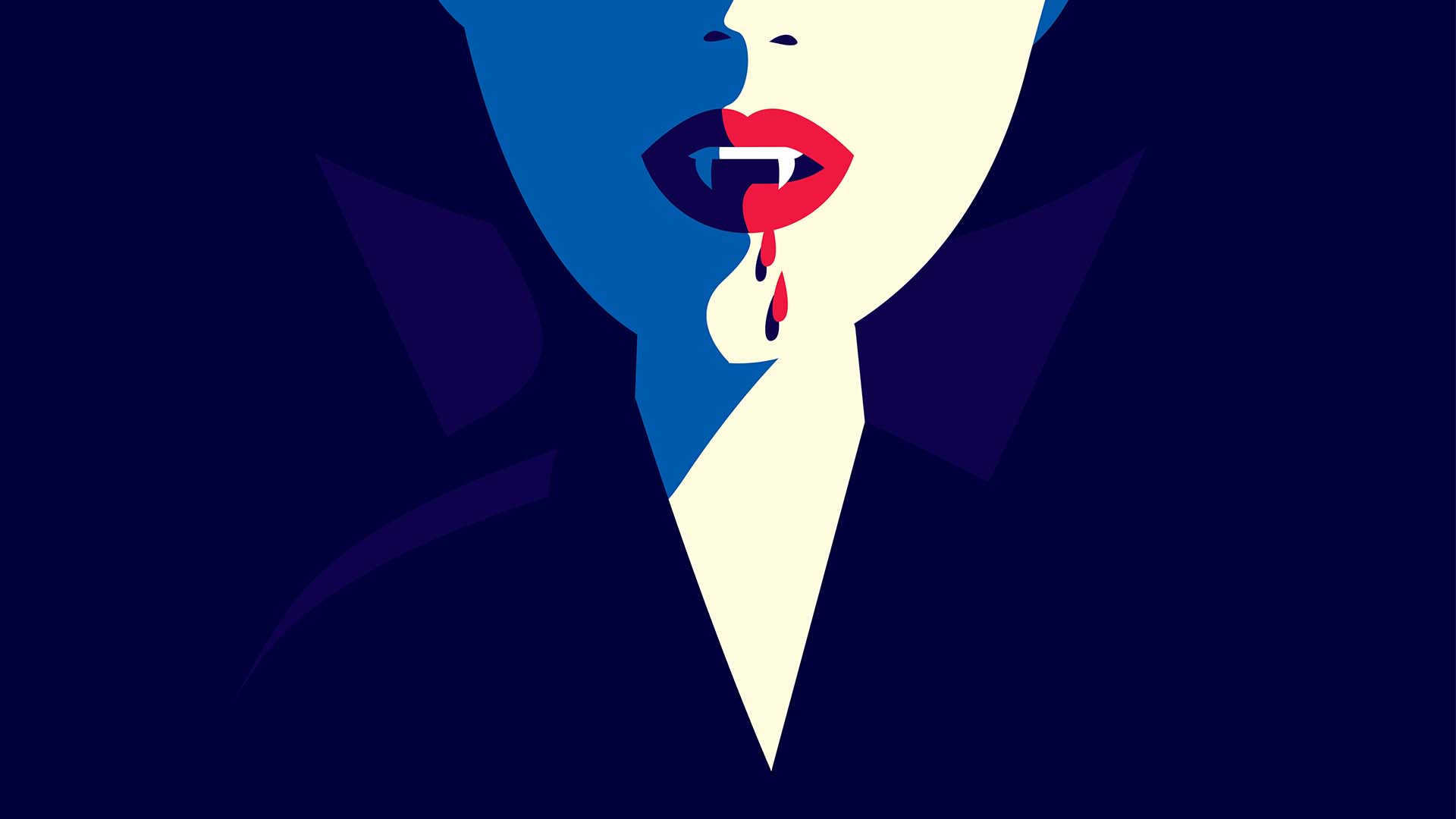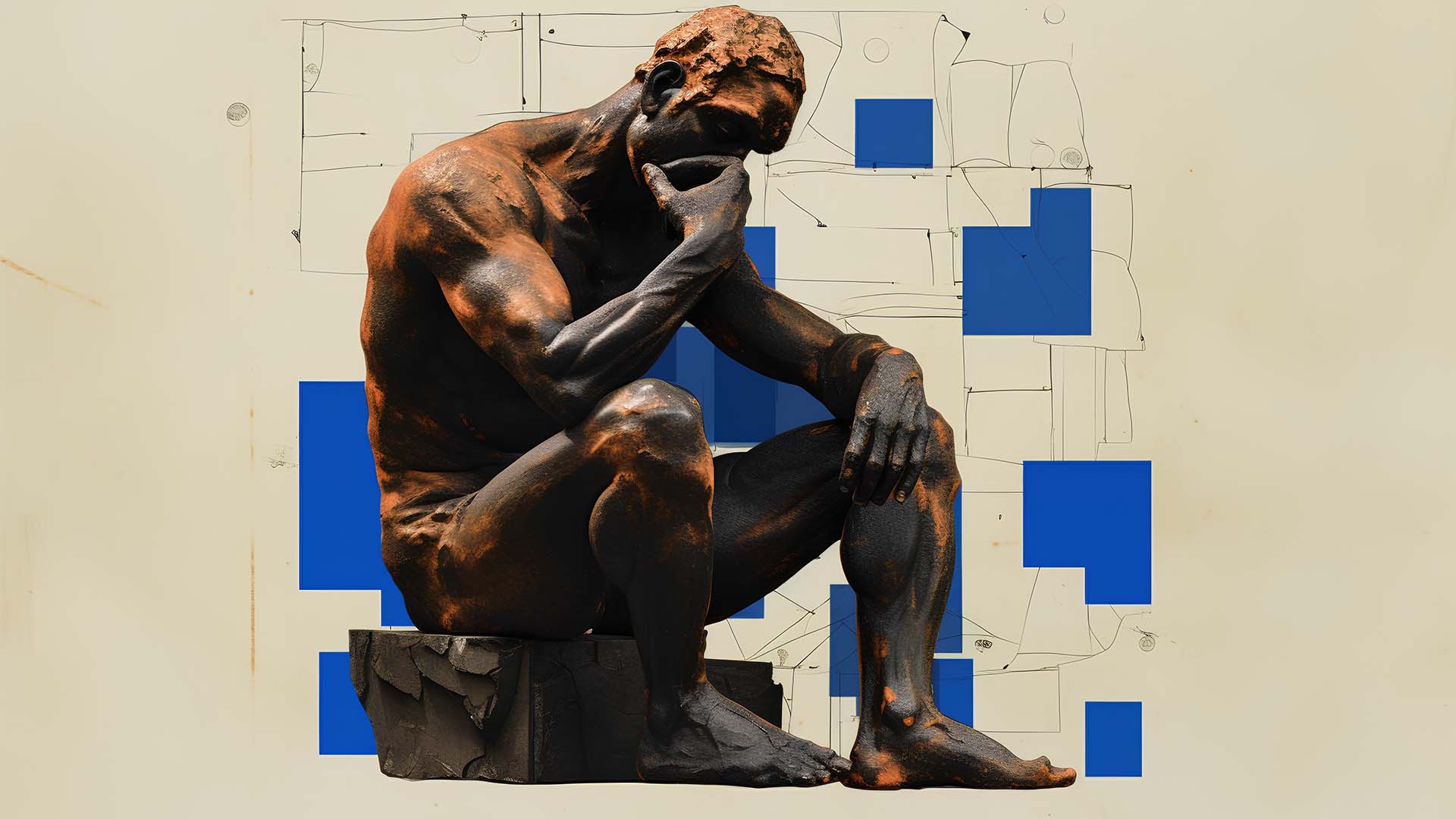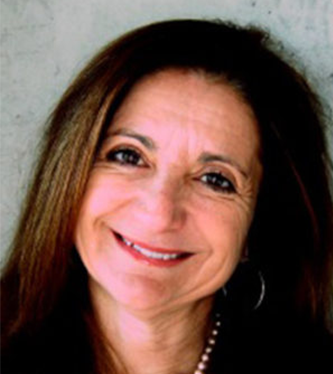Female veterans find their voice
The MilSpeak Foundation’s On Point Women Warriors Writing Workshops help female veterans tell their personal stories of service and life after leaving the military.

Since she started as Metropolitan State University of Denver’s director of Veteran and Military Student Services in June, Rita Case has strived to deliver to female veterans what they told her they wanted: a voice.
Many still felt invisible, she said, a remnant of their service within an institution made for males.
“(The U.S. Military) was not created with both men and women in mind,” Case said. “Women are forced to meet the male ideal. Without conscious effort and thought, that doesn’t go away.”
Then Case, herself a U.S. Navy veteran, participated in an On Point Women Warriors Writing Workshop hosted by the nonprofit MilSpeak Foundation. She recognized that the workshops, designed by veteran and author Tracy Crow to help female vets tell their own stories, might help MSU Denver’s female veterans find their voices.
With the financial support of Bonnie B. Baker, the donor who established MSU Denver’s Yvonne Phelan Veterans Endowed Scholarship, Veteran and Military Student Services hosted Crow for a workshop Nov. 15 as part of the University’s Veterans Week celebration. The scholarship was established with a $100,000 gift by Baker in 2018 and has thus far benefited two student veterans, the first of whom will graduate in December. All veteran or active-duty service members are eligible for the scholarship with preference given to female applicants and those not receiving funding from the GI Bill.
Crow, who joined the Marines in 1977 just out of high school, told the nine female student veterans gathered at St. Cajetan’s that though she received an honorable discharge from the Marine Corps, the circumstances of her discharge felt “way less than honorable.” As she documented in her 2012 book, “Eyes Right: Confessions From a Woman Marine,” she always put the Corps first, even as she suffered two miscarriages, her marriage to another Marine deteriorated and her affair with a prominent general was exposed. She told the workshop she felt “traumatized” by the circumstances surrounding her departure from the military and left feeling shame, guilt and remorse.
She buried her story internally for well over a decade and thought she’d never write about her experience.
But then Crow told her story to a writing professor, began writing and published her memoir. She has since published “On Point: A Guide to Writing the Military Story” and edited “It’s My Country Too: Women’s Military Stories From the American Revolution to Afghanistan” and “Red, White & True,” a collection of 32 stories by military troops and family members.

With her intimate understanding of how military culture can affect every part of life, Crow invited participants to imagine themselves as a bright light shining into the lives of those around them. As individuals experienced conflict, she said, those experiences clung to them, blocking their light like a sticky note on a light bulb.
The first step in turning the inner light back on yourself, Crow said, was writing a timeline highlighting those pivotal life moments – the sticky notes – that blocked their light from shining through.
Peeling off that sticky note and taking a good look at it – the process of self-reflection required to write about it – can lead to healing, she said.
“When you start to see your life through the lens of a storyteller, it gives you a certain level of distance,” Crow said.
The student veterans taking part in the workshop served in the Army, Navy and Marine Corps. Some had deployed to fights overseas and lost troops who served under them to war or suicide.
They wrote two timelines, the first spanning their lives up to age 18 and the second their years of military service.
Maybe because the group was small, or because they knew one another, they didn’t mind sharing some of those moments: a platoon member’s death in an explosion, a grandmother’s unconditional love, experiencing homelessness after leaving the military.
Then, participants picked out two pivotal moments from their timelines and identified the levels of conflict at work because, as Crow explained, “If a story is going to be a story, it has to have conflict.”
They wrote about those events, just a few paragraphs each, then analyzed the similarities and differences. The similarities took people by surprise, even after they were warned.
Jessi Warthen, a three-time Iraq War veteran and past president of the Student Veterans at MSU Denver club, linked the loss of a teenage friend on her childhood timeline with that of the Marine in her platoon who died from a vehicle explosion shortly after she came home from deployment.
Making that kind of connection can amount to pulling away a sticky note and putting it aside, Crow said.
Now what does that light bulb look like? Crow asked.
“It’s returning to an original bright white light bulb,” she said, “able to shine a light for others.”







